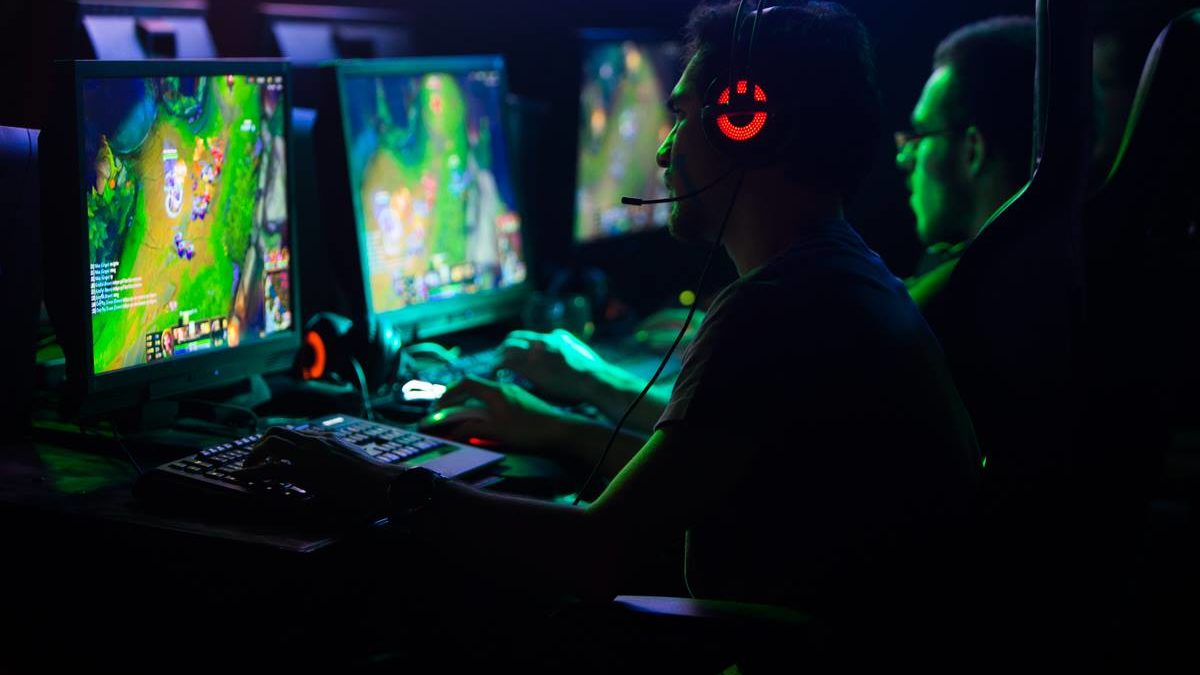The World Health Organization has classified gaming addiction as a disease but others say evidence is lacking
More than 2 billion people around the world are expected to spend nearly US $138 billion on games this year, according to Newzoo, a market research firm that tracks video game usage and industry trends. That’s more than a 13 percent increase year over year, or an extra $16.2 billion.
The amount of time devoted to gaming is also on the rise. In the United States, people aged 13 and older spent nearly 8 hours a week playing video games in 2017, up from 60 percent from 2011, according to Nielsen, a market research company.
But not everyone thinks playing video games is an innocent pastime. The World Health Organization in June added gaming disorder to an updated version of its International Classification of Diseases, a system that is used to monitor medical trends and assist in the collection of health statistics. WHO characterizes gaming disorder as “impaired control over gaming, increasing priority given to gaming over other activities to the extent that gaming takes precedence over other interests and daily activities, and continuation or escalation of gaming despite the occurrence of negative consequences.”
To be diagnosed with the disorder, WHO says the behavior pattern must be severe enough to significantly impair personal, familial, social, educational, occupational, or other important aspects of a person’s life for at least 12 months.
The organization based its decision on reviews of available evidence and says that it reflects a consensus of experts from different disciplines.
Not everyone agrees with the move. The video game industry’s biggest trade group—the Entertainment Software Association—says the WHO’s decision is based on “highly contested and inconclusive” research, and that experts have warned that its inclusion could lead to the misdiagnosis of other, established mental health conditions. An expert in human-computer interaction told Wired magazine that WHO’s move could create conditions for overdiagnosis, pathologizing what are actually healthy relationships with gaming. He notes that some gaming habits could be “coping strategies to deal with other underlying psychological challenges.”
What are your thoughts on WHO’s decision? What are some benefits of playing video games?


Social Media